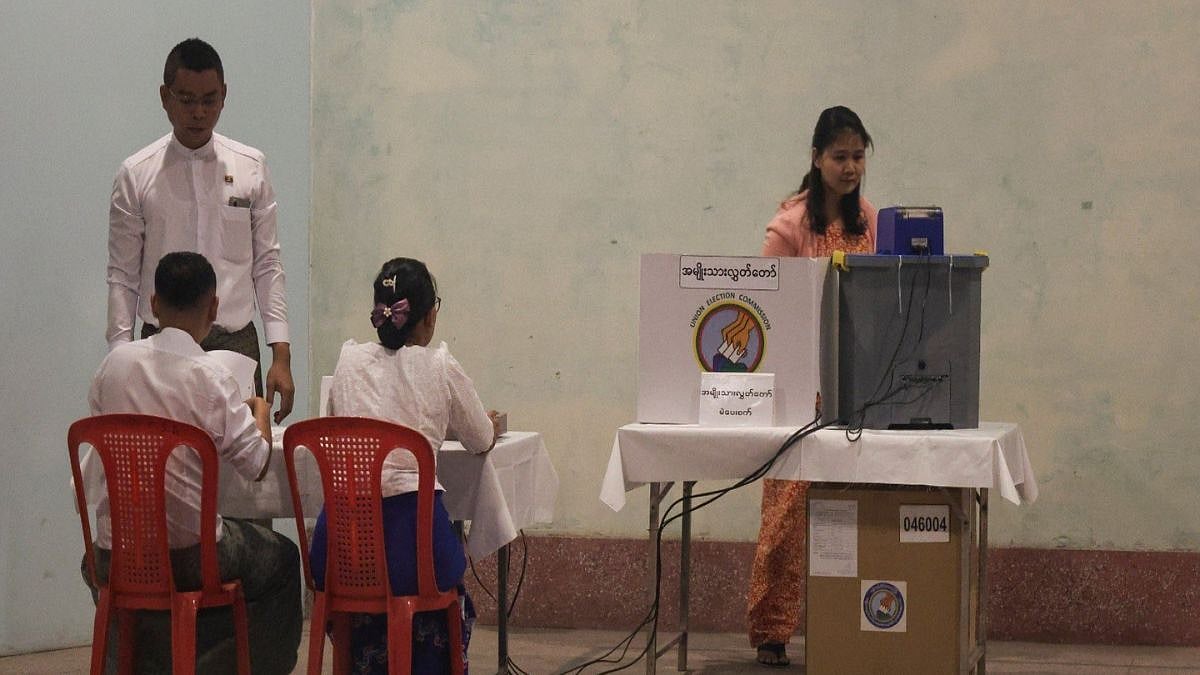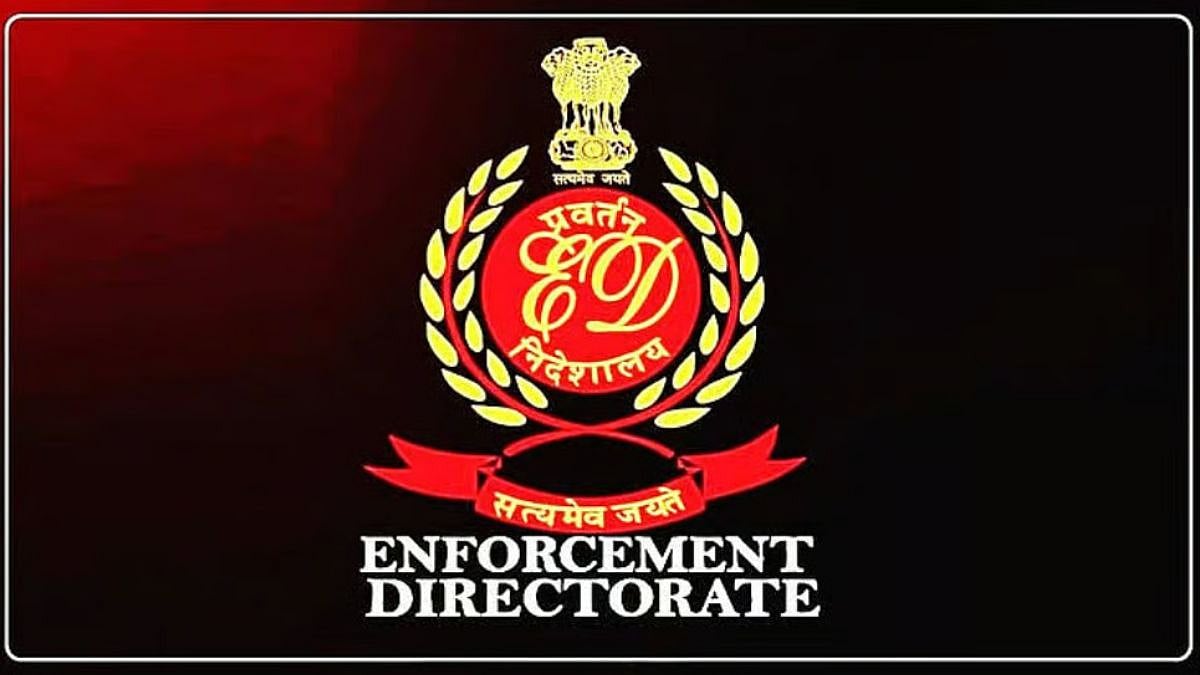In August this year when Kamlakar Shenoy, an RTI applicant, sought information from the BMC, he was hopeful that his application would not get tossed around as much as it used to earlier. Reason being the BMC had come out with a circular stating the same after much follow-ups by activists including Shenoy. However, despite a circular that applications should not be made to go from one desk to another, not much has changed.
Shenoy's applications to the vigilance department had sought information of its inspection of trenches, potholes, manholes and road work, among others. Instead of providing the details, they were transferred to assistant engineers citing Section 6 (3) of RTI Act. Section 6 (3) pertains to a section where in the application has to be forwarded to another public authority.
Activists welcome BMC's June circular
After much follow-ups by Shenoy and some activists, the BMC had come out with a circular in June this year that effectively said that BMC being one authority, applications should be dealt under section 5 (4) and 5 (5). The sections state that a public information (PIO) can seek help of another officer and such officer will be deemed PIO. Activists back then had welcomed the circular stating that officers who had to give information could no more shirk responsibility and escape giving information by saying it is with another officer as they would have to get it and forward it.
"They have not been following the circular and the applications continue to keep getting tossed around under section 6 (3)," said Shenoy. This, he said, neither got him information and led to a situation where he will have to file many first and second appeals with different departments coming into picture. "It is something they do all the time so that an application gets tired and lost running between different departments. Under section 5 (4) and 5 (5), they are instead expected to collect information and pass it to applicants. In some cases where arguments are heavy against 6 (3), officers have been sending applications to another department under Section 5(1), which basically talks about appointing a PIO in a department. So instead of citing 6 (3), they are telling applicants in a roundabout manner that another department has its own PIO and that we follow there," said Shenoy.
"The circular has not gone down the line to all the PIOs. The BMC is also reluctant to inform PIOs that such instruction is there. They trained officers wrongly that they have to forward applications under section 6 (3), which is illegal. Officers have been provided with an intranet and internet facility. Within the BMC they have a system and can transfer the applications and information easily," said Bhaskar Prabhu, who worked with Shenoy to get the circular issued in June.






.webp)


